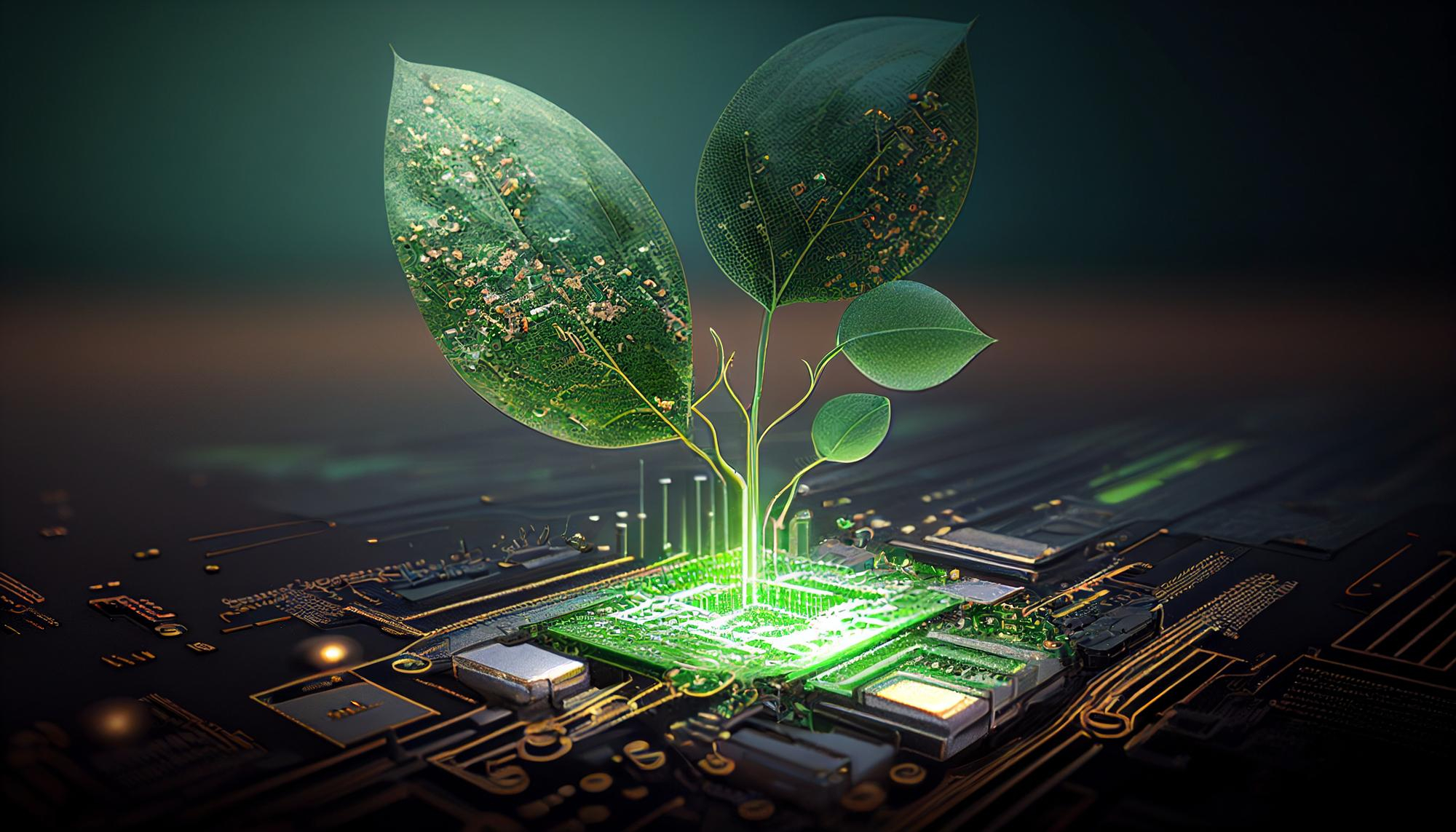In an era where sustainability is paramount, the intersection of blockchain technology and circular economy principles presents a transformative opportunity. This article introduces the fundamentals of both concepts, illustrating their potential to create environmentally and socially responsible systems. We will explore their application within the CIRCULOOS project, and highlight Alastria’s role in this groundbreaking initiative.
Understanding Blockchain and Circular Economy
Blockchain technology, at its core, is a decentralized digital ledger that records transactions across multiple computers. This ensures that the data entered is immutable and transparent. Originally developed for the digital currency, Bitcoin, blockchain’s potential extends far beyond, encompassing any type of data exchange. This feature is particularly valuable in fostering trust and transparency, essential in diverse fields ranging from finance to supply chain management.
The circular economy, on the other hand, is a regenerative approach designed to benefit businesses, society, and the environment. Unlike the traditional ‘take-make-waste’ linear model, the circular economy emphasizes extensive reuse, sharing, repair, refurbishment, remanufacturing, and recycling, in an integrated closed-loop system. This approach helps minimize waste, reduce the consumption of resource inputs, and the degradation of ecosystems, while also mitigating the impacts of finite resource extraction.
Blockchain as a Catalyst in the Circular Economy
Integrating blockchain into the circular economy can revolutionize how transparency and trust are built into production and consumption processes. It enables the creation of secure, traceable records for material sourcing, product lifecycle tracking, and consumer engagement—crucial elements for a robust circular economy model. For instance, blockchain can be used to certify the recycling paths of materials without ambiguity, thus assuring consumers of the sustainability of their purchases.
Moreover, blockchain facilitates decentralized platforms that can empower consumers to engage directly with these sustainable practices. It can support initiatives where individuals and companies participate in shared ownership and the life-extension of products, such as through refurbishing and reselling, thereby reducing environmental footprints.
The Role of Alastria in CIRCULOOS
Alastria, a non-profit consortium, plays a vital role in the CIRCULOOS project. Specializing in the development and promotion of blockchain-based tools, Alastria’s involvement ensures that the digital infrastructure of the project is robust and efficient. Their expertise in creating standard protocols and digital identities within blockchain networks is crucial for maintaining the integrity and security of data within the circular economy.
Alastria’s blockchain networks facilitate the integration of various stakeholders from different sectors into the CIRCULOOS project. This collaboration enhances the scalability of the solutions developed, ensuring they can be adapted across various industries and regions. By providing a standardized yet flexible platform, Alastria supports the seamless transition towards more sustainable business models and consumption patterns. In addition, Alastria is working on the design and implementation of circular economy tokenization models to improve trust and collaboration between different stakeholders.
Conclusion
The synergy between blockchain technology and the circular economy offers a promising path towards sustainable development. Projects like CIRCULOOS, with the support of Alastria, illustrate the practical applications of these technologies in creating systems that not only preserve the environment but also enhance societal well-being. By fostering innovations that prioritize resource efficiency and sustainability, blockchain technology is not just supporting the circular economy—it is helping to redefine it. This paradigm shift, powered by digital transformation, sets a new standard for how businesses and consumers interact with the planet’s resources, ensuring a healthier, more sustainable world for future generations.
Article by Alastria




